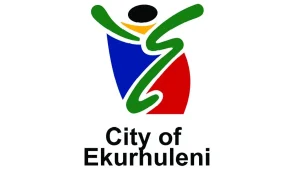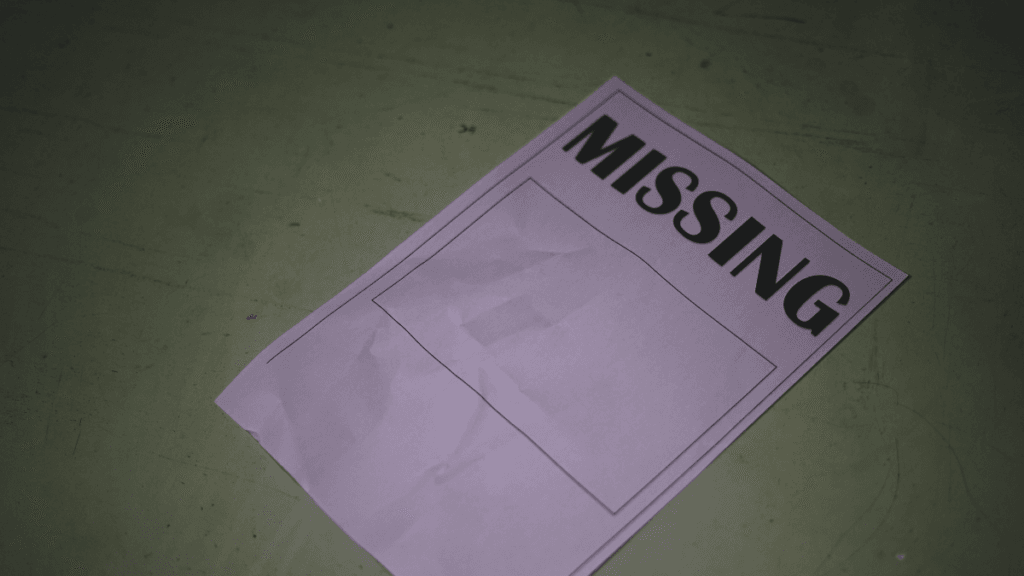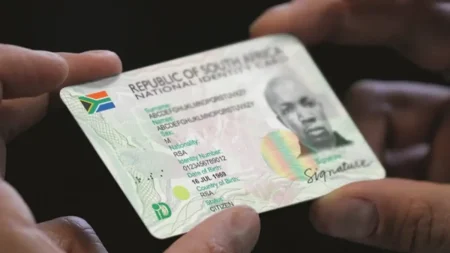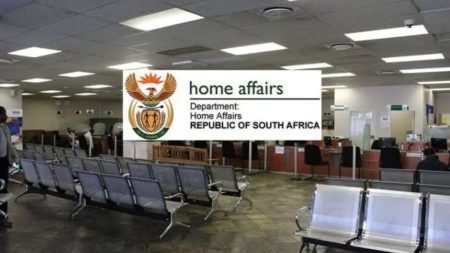In today’s world, a missing persons case is a devastating and frightening situation for any family or loved one. The feeling of helplessness can be overwhelming, especially if the police are unwilling to open an official investigation. This can be due to various reasons, such as the person being an adult, the circumstances being unclear, or the case not meeting certain legal criteria. However, it is crucial not to lose hope. There are steps you can take to ensure that your concerns are taken seriously and that the search for your missing loved one continues.
This article will guide you through what to do if the police won’t open a missing persons case. It will provide practical advice, outline the legal framework, and help you understand the steps you can take to advocate for your loved one.
Understanding the Police Protocol for Missing Persons
Before jumping into what you can do when the police are unwilling to open a missing persons case, it’s important to understand why they might refuse to do so in the first place. Generally, police officers follow certain protocols before initiating an investigation into a missing person’s case. These protocols may differ depending on the country, but some common reasons why the police might not take immediate action include:
The person is an adult and may have left voluntarily: In some cases, adults have the right to disappear, and the police may not consider it a crime unless there is clear evidence of foul play or coercion.
Waiting period: In many cases, the police will insist on waiting for a certain period before taking action, typically 24-48 hours, to rule out the possibility that the person has simply gone missing temporarily or by choice.
Lack of evidence: If there are no immediate signs of a crime or any evidence to suggest that the missing person is in danger, the police might not prioritize the case.
Lack of information: If the information you provide is unclear or insufficient, it may be difficult for the police to act. They need details like the person’s last known location, their mental state, and any unusual behavior leading up to the disappearance.
Learn More: How to Report a Missing Person: A Step-by-Step Guide for South Africans
What You Can Do If the Police Won’t Open a Missing Persons Case
If you find yourself in a situation where the police refuse to open a missing persons case, it’s important to stay calm and take proactive steps to ensure that the search continues. Below are several actions you can take to keep your case alive and gather the support you need.
1. Document Everything
Start by documenting all the information related to your missing loved one. Keep a record of the following:
The exact date and time they were last seen.
Details of their last known activities and whereabouts.
Any communication you’ve had with the missing person, including text messages, phone calls, or social media interactions.
Any potential witnesses who saw or spoke to the person before their disappearance.
This information will be helpful when you speak to the police or other authorities. The more precise your documentation, the stronger your case will be.
2. Request a Formal Police Report
Even if the police refuse to open a case immediately, it’s important to request a formal missing persons report. This ensures that the police are officially aware of the situation, even if they haven’t begun an active investigation. This also creates a record that you can refer to later on.
You have the right to file a report, and the police may still be required to follow up on the case if any new information comes in or if circumstances change. You may also want to request that the police at least classify the case as “pending” or “unresolved,” so it is not completely closed.
3. Reach Out to Missing Persons Organizations
In South Africa, organizations like The Missing Persons Bureau and The South African Police Service (SAPS) Missing Persons Unit can provide support if the police are not taking action. These groups can help:
Advocate on your behalf to get the case reopened.
Provide resources and guidance for your search.
Help you organize volunteer search teams if needed.
Such organizations often work alongside law enforcement and can escalate cases that are not getting the attention they deserve.
4. Notify Local Media
Local newspapers, radio stations, and television networks can be powerful tools when the police won’t open a missing persons case. The media has a wide-reaching platform and can help raise awareness about the disappearance. You can take these steps:
Share the missing person’s photo and details of the disappearance with the media.
Use social media platforms such as Facebook, Twitter, and Instagram to get the word out. Use specific hashtags like #MissingPerson and #Find[NameOfMissingPerson] to reach a larger audience.
Create flyers or posters with the missing person’s photo and key details, and distribute them in your community.
Sometimes, media attention can pressure the police to take action, especially if the case garners enough public interest.
5. Contact Private Investigators
If you feel like the police are not doing enough to find your loved one, you can hire a private investigator. While this can be an expensive option, private investigators are trained professionals who may have access to resources and methods that the police do not.
A private investigator can help in the following ways:
Conduct independent investigations.
Use specialized techniques like surveillance, forensic analysis, and interviewing witnesses.
Help you develop a comprehensive timeline and strategy for the search.
If you do hire a private investigator, be sure to keep communication open with law enforcement to ensure that they are not obstructing any ongoing investigation.
6. Seek Legal Advice
If the police refuse to open a case and you feel that they are not acting in good faith, seeking legal advice may be a helpful step. A lawyer can help you:
Understand your rights and the legal processes involved in a missing persons case.
Challenge the police’s refusal to act.
File a legal petition if necessary to get the case investigated further.
A lawyer can also help you navigate any complications that arise if the case becomes more complex, such as involving international law, if your loved one is missing in a different country.
7. Use Social Media and Online Platforms
In today’s digital age, social media is an invaluable tool in finding missing persons. Numerous cases have been solved thanks to widespread online sharing of information. If the police are not opening a case, consider the following:
Create a detailed post about your missing loved one on Facebook, Instagram, Twitter, and LinkedIn.
Join local Facebook groups or community groups that focus on missing persons.
Use platforms like Missing Children South Africa or The Namola App, which are designed to help people locate missing persons.
The power of social media can mobilize a huge community of people to help search, distribute information, and put pressure on the authorities to take action.
8. Follow Up with the Police Regularly
If you’ve already filed a missing persons report, stay in regular contact with the police. Request updates on any progress or developments in the case. Keep records of your communications, and be persistent in your efforts.
The police might initially overlook your case, but continued follow-ups can help keep the investigation on their radar. Don’t let the case go cold—remain an active participant in the process.
9. Be Patient and Stay Resilient
It’s important to remain patient, even when things seem slow. Missing persons investigations, especially those that involve adults, can take time. While the wait can be agonizing, persistence and resilience are key. Keep pushing forward, and don’t give up hope.
A missing persons case is an emotionally charged and challenging situation, especially if the police are not willing to open an official investigation. While this may seem discouraging, it is important to know that there are still options available to you. By documenting everything, contacting organizations and legal professionals, reaching out to the media, and staying persistent, you can continue to search for your loved one and advocate for the justice and attention they deserve.
Remember, you are not alone in this process. There are support systems available to help you navigate through this difficult time, and you must not hesitate to seek assistance when needed.










